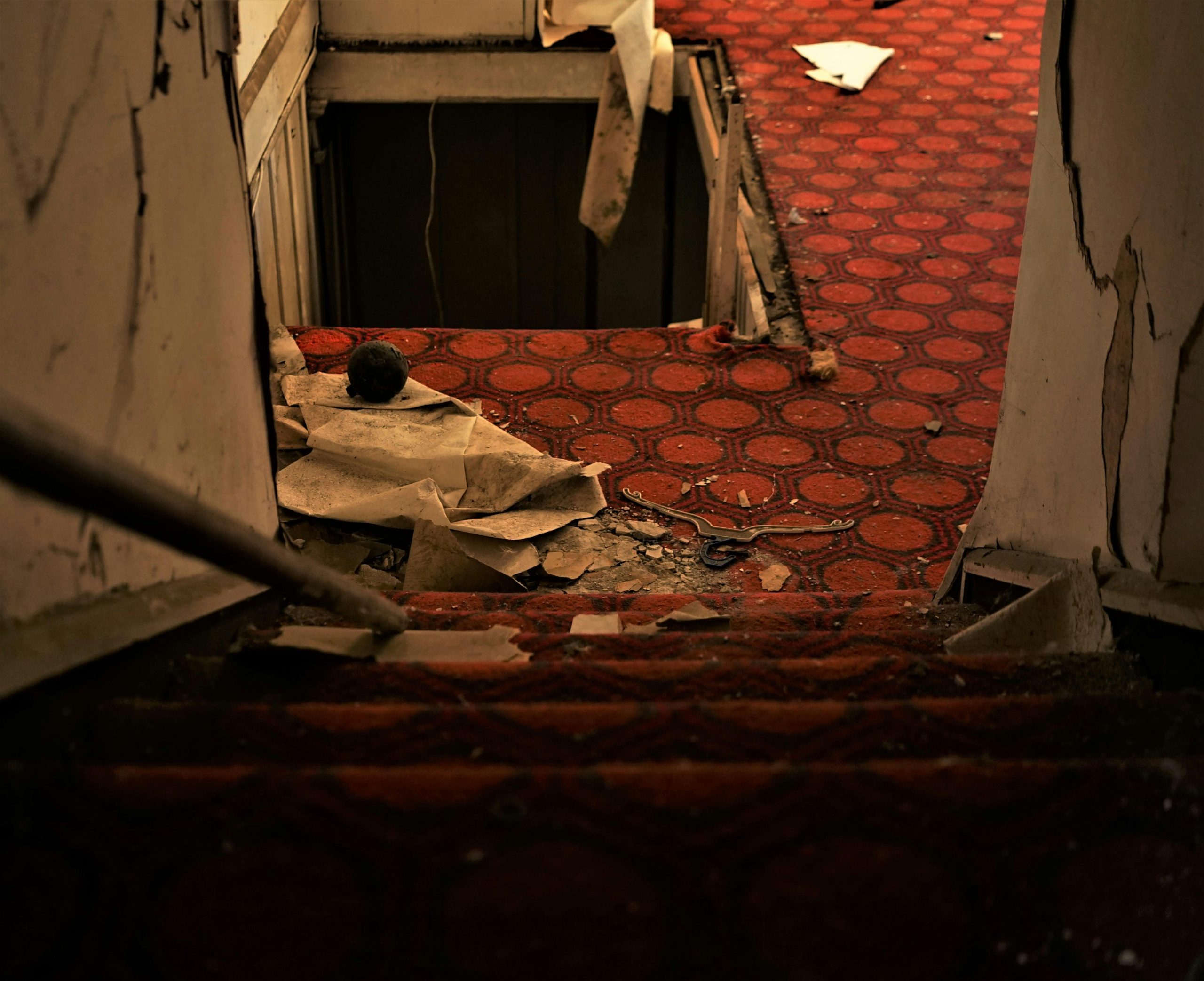Handling Ceiling Leaks in Rental Apartments: Your Rights and Next Steps
Living in a rental property comes with its own set of challenges, especially when unexpected issues such as leaks arise. Recently, I encountered a ceiling leak in my student apartment in Atlanta during my internship stay. Here’s a rundown of the situation and some guidance on how to navigate similar circumstances.
The Incident:
During a series of severe thunderstorms last week, I noticed water beginning to seep through the ceiling in my room. Understanding the urgency, I promptly notified management. The leak was significant enough that water spilled over into a container I placed nearby—something the maintenance team previously considered sufficient to catch minor leaks.
Extent of Damage:
Despite their assessment, the leak turned out to be more substantial than initially thought. Overnight, water damage affected several belongings, including my iPad and other personal items near my desk. Naturally, I reached out to the management office to seek reimbursement for my damaged belongings.
Response from Management:
The management team responded by stating they have no obligation to cover personal property damages and advised me to file a claim with my renter’s insurance if I wanted coverage for repairs. I found this response unsatisfactory, as I believe the damage was caused by their negligence and that such minor damages should not affect my insurance record. Moreover, the deductible on my renter’s policy would likely outweigh the value of the damaged items, making a claim impractical.
What Are Your Rights?
In situations like this, tenants generally have the right to request that landlords take responsibility for damages caused by maintenance oversights or property issues. While renter’s insurance can cover personal belongings, landlords are typically responsible for structural repairs and addressing issues like ceiling leaks promptly.
Recommendations:
– Document everything: Take photos of the leak, damage, and communications with management.
– Communicate Clearly: Notify management in writing, detailing the extent of the leak and damages.
– Understand Your Insurance Options: While renters’ insurance can cover personal property, landlords should handle repairs and structural damages.
– Seek Legal Advice if Necessary: If your concerns aren’t addressed, consulting local tenant rights resources or legal counsel can provide additional support.
Final Thoughts:
Dealing with property leaks and damages can be frustrating, especially when it involves personal belongings. It’s important to stay informed about your rights as a tenant and to communicate assertively with management. In cases where negligence is evident, tenants may have grounds to pursue reimbursement for damages incurred due to landlord oversight.
Remember, maintaining thorough documentation and understanding your insurance options can make the



